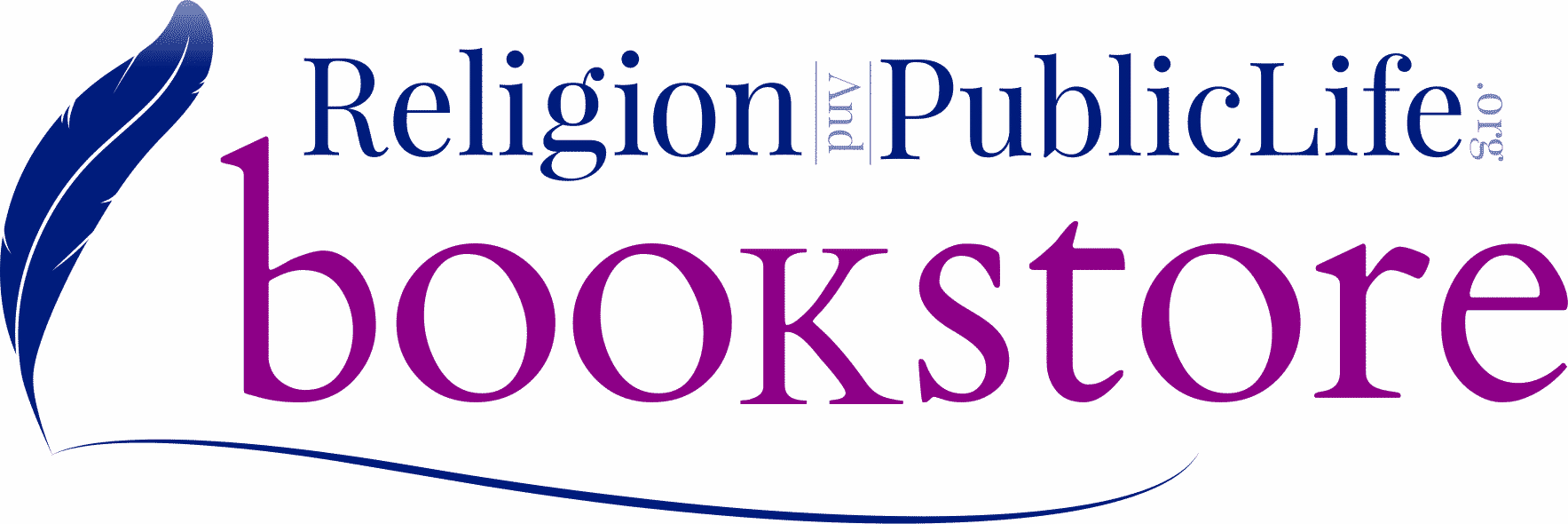Who will benefit?
The certificate AMST 3000 Civic Inclusion prepares college students and young professionals to be religiously literate leaders and prepares them for government or public service careers. The program equips public servants who currently work in local or state governments and are interested in building their cultural and religious literacy. The curriculum supports ally communities who are interested in strengthening their solidarity for groups impacted by anti-Muslim bigotry.
What will we learn?
In partnership with ReligionAndPublicLife.org, America Indivisible awards the America Indivisible Civic Inclusion Certificate to those who complete the course collection, AMST 3000 Civic Inclusion. You will impact racialized anti-Muslim bigotry on Muslim communities and perceived to be Muslim the role civic leaders can play in addressing this phenomenon. Through skill and knowledge-building activities, you will apply civic-inclusion practices to challenge hate in your communities effectively. You will learn how to develop metrics to evaluate your community’s civic health, develop plans to address incidents of hate and bias, and foster relationships with diverse constituents to cultivate resilient communities.
Certificate Sequence: The certificate program issued by the America Indivisible consists of five three-hour courses.
▸ In AMST 3001 Understand Racialized Anti-Muslim Bigotry, we will examine systemic bias and discrimination as the primary challenges to building inclusive communities.
▸ In AMST 3002 Envision Civic Health as the Antidote to Prejudice, we will examine how community leaders, despite a heightened climate of anti-Muslim bigotry, successfully built inclusive practices and policies by promoting civic health.
▸ In AMST 3003 Explore Religious, Cultural, and Legal Literacy, we will examine studies that document the systematic discrimination faced by American Muslims in the news media, multiple branches of government, and in public schools.
▸ In AMST 3004 Prepare Crisis Mitigation Strategies, we will effectively prepare public services to respond to bigotry and discrimination incidents.
▸ In AMST 3005 Create Spaces for Civic Inclusion, examine best practices for leaders to create and maintain civic spaces that model inclusivity community well-being.
Seeking Academic Credit?
After completing the graded assignments in the previous five courses, participants will enroll in the Implement Inclusion Initiative (Capstone Project). Participants will design and implement a community-based project, applying what they have learned from the course collection. Speak to your advisor about which accredited colleges and universities will offer you academic credit for completing this course collection.




